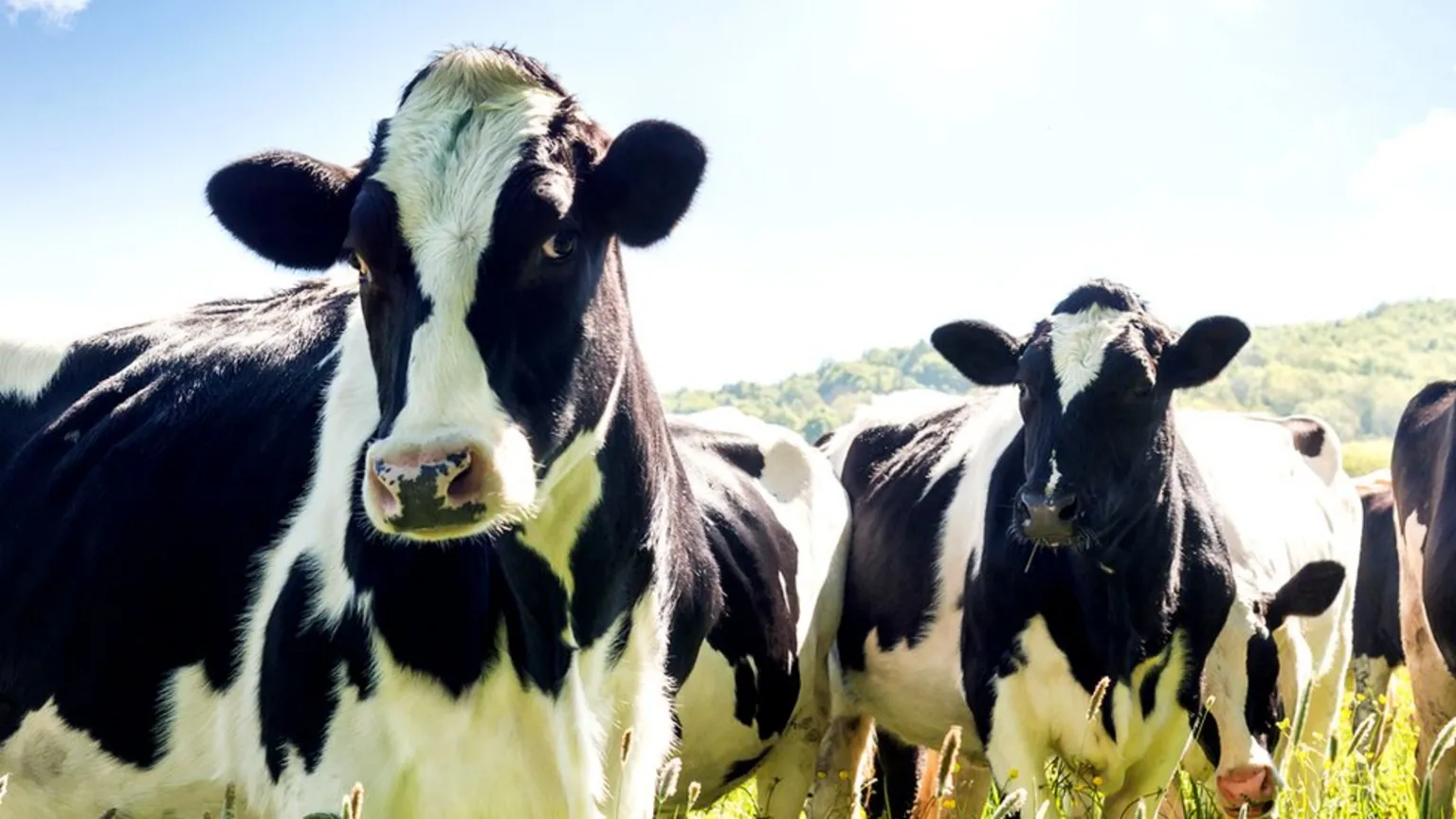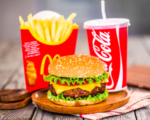A growing protest has emerged in the UK, with some consumers pouring milk down their drains in response to a trial of a new feed additive for dairy cows. The additive, called Bovaer, has been introduced by Arla Foods in partnership with major UK supermarkets to reduce methane emissions from cows. However, the trial has sparked controversy, with social media users raising concerns about the safety of the product and its potential impact on both health and the environment.
Bovaer, a feed additive made by DSM-Firmenich, works by suppressing methane-producing enzymes in the stomachs of cows, reducing their methane emissions by 30-45%. While the product has been approved by UK regulators, it has generated backlash, particularly from online activists and some farmers. Opponents have voiced concerns over the safety of certain compounds in Bovaer, particularly its active ingredient, 3-NOP (3-nitrooxypropanol). Some have linked the product to baseless claims about depopulation agendas and even Bill Gates, despite the fact that the billionaire is not connected to its development.
The controversy began when Arla Foods announced the trial on November 26, involving 30 farms across the UK. The milk produced by cows fed with Bovaer will be stocked in supermarkets like Tesco, Morrisons, and Aldi. This announcement quickly ignited a wave of online debate, with some social media users sharing videos of themselves discarding milk and dairy products, while others expressed genuine concerns about the safety of the feed additive.
What Is Bovaer and How Does It Work?
Bovaer aims to tackle the environmental issue of methane emissions from cows, which contribute significantly to climate change. Methane is a potent greenhouse gas produced during the digestive process when cows break down fibrous food like grass. The additive works by inhibiting the enzymes responsible for methane production in the cow’s stomach. Experts, including the National Farmers Union (NFU), have assured the public that when used as directed, Bovaer breaks down in the cow’s digestive system and does not remain in milk or meat, posing no food safety risks.
Despite these assurances, concerns have surfaced about the ingredients in Bovaer. Some critics have pointed to a 2023 report from the UK’s Food Standards Agency (FSA), which described 3-NOP as a skin and eye irritant. However, these concerns are largely related to the handling of the compound in its concentrated form, not its use in animal feed. The FSA and other experts have reiterated that milk from cows treated with Bovaer is safe to drink, and the additive has passed numerous regulatory reviews worldwide.
Misinformation and Conspiracy Theories
The controversy surrounding Bovaer has also been fueled by misinformation, with online users making unsubstantiated claims about the additive. Some activists have attempted to link the product to Bill Gates, who has invested in a competing methane-reducing product called Rumin8. However, DSM-Firmenich has denied any involvement of Gates in the development of Bovaer, emphasizing that the product is independently developed by the company.
In addition, some individuals have misinterpreted a letter from the US Food and Drug Administration (FDA), which referred to potential handling precautions for 3-NOP. The letter did not suggest that the additive posed a health risk when consumed, but conspiracy theorists have falsely interpreted it as evidence that Bovaer could cause cancer or infertility.
The Impact of Social Media and Public Reaction
The debate over Bovaer has quickly gained traction online. A post from Arla Foods announcing the trial received millions of views on X (formerly Twitter) and sparked thousands of comments. Social media platforms like TikTok have also seen a surge in content related to the additive, with some videos garnering millions of views. Users, many of whom share conspiracy theories or concerns about corporate influence, have used the platform to organize protests, including videos of them pouring out milk and other dairy products.
At the same time, some farmers have used social media to assure consumers that they are not using Bovaer on their farms, trying to distance themselves from the trial. They also highlighted that 15 years of trials have shown that the additive does not pose a risk to animals or humans, reaffirming the claims that Bovaer does not remain in milk or meat.
Looking Ahead
Despite the protest, experts and regulators continue to stand by the safety of Bovaer, noting its potential to make dairy farming more sustainable by reducing methane emissions. Methane is a potent greenhouse gas that significantly contributes to climate change, and finding ways to reduce its production in livestock could have meaningful environmental benefits. However, the backlash highlights the challenges faced by new agricultural technologies, particularly in an era where misinformation and concerns about food safety are widespread.
As the trial continues, it remains to be seen how public opinion will evolve, and whether the protest over Bovaer will gain further momentum or subside as more information becomes available. For now, the controversy remains a hot topic in the intersection of environmental sustainability, food safety, and social media-driven activism.















